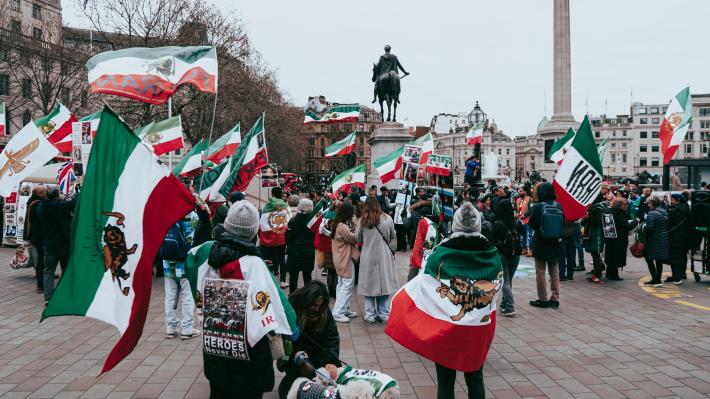Por Gerardo Berthin
The analysis and research on transnational repression in Latin America is sparse. However, the cases of Cuba, Venezuela and Nicaragua may reflect how transnational repression may be manifesting itself in the region today. The expansive informal networks that operate effectively in Latin America, the lack of formal state presence and institutions in large territorial spaces, inequality and marginalization, formal and informal alliances of governments with organized crime, sophisticated systems of corruption, and openness and transparency in host countries of exiles could be factors of analysis and research in Latin America to analyze their causal links or correlation with transnational repression.
The concept of transnational repression can be understood in different ways depending on the specific context and circumstances. For example, in much of Latin America the concept is associated with the military regimes of the 1970s, who used a series of transnational tactics and measures outside their national borders to silence, silence and exile their opponents. Transnational repression is not a new phenomenon, although today its extent and intensity are broader and more complex, as reprisals against human rights defenders, journalists and activists have increased and exile and migration have grown. For example, it is estimated that more than 7.7 million people have left Venezuela seeking protection, while the crisis that Nicaragua has been experiencing since April 2018 has led to the departure of at least 605,000 Nicaraguans, the largest exodus in its history, greater even than that of the 1980s.


